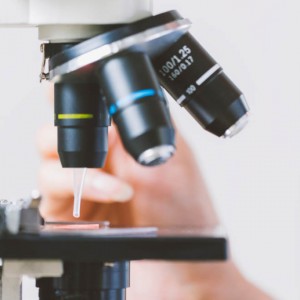It turns out this fertility test can?t actually predict how likely you are to get pregnant

When you?re trying to get pregnant, you?re willing to give anything a shot?especially when you keep hearing your fertility is going downhill with every passing minute. And since we know that women are born with a finite number of eggs that decreases each month, it makes sense that a test that shows how many you have left would give you a better idea of how likely you are to conceive, right" Well, apparently not.
.related-article-block{display:inline-block;width:300px;padding:.5rem;margin-left:.5rem;float:right;border:1px solid #ccc}@media (max-width: 525px){.related-article-block{float:none;display:block;width:280px;margin:0 auto 2rem}}
6 cutting-edge infertility treatments
A new study, which was funded by the National Institutes of Health and published in the Journal of the American Medical Association, has found that ovarian reserve testing can?t actually predict a woman?s likelihood of getting pregnant. Ovarian reserve testing relies on a measurement of certain hormones, which are thought to roughly indicate the number of eggs a woman has left. The test is commonly offered in fertility clinics to women who are concerned about having enough viable eggs left to get pregnant. But when researchers looked at 750 women between the ages of 30 and 44 who had no history of infertility and had been trying to conceive for up to three months, they found that those whose hormone levels were normal were just as likely to conceive as those whose...
| -------------------------------- |
|
|
Finding the Right School with John Catt Educational
31-10-2024 06:53 - (
moms )
Nine reasons to join Year 9 at Millfield
30-10-2024 06:58 - (
moms )













